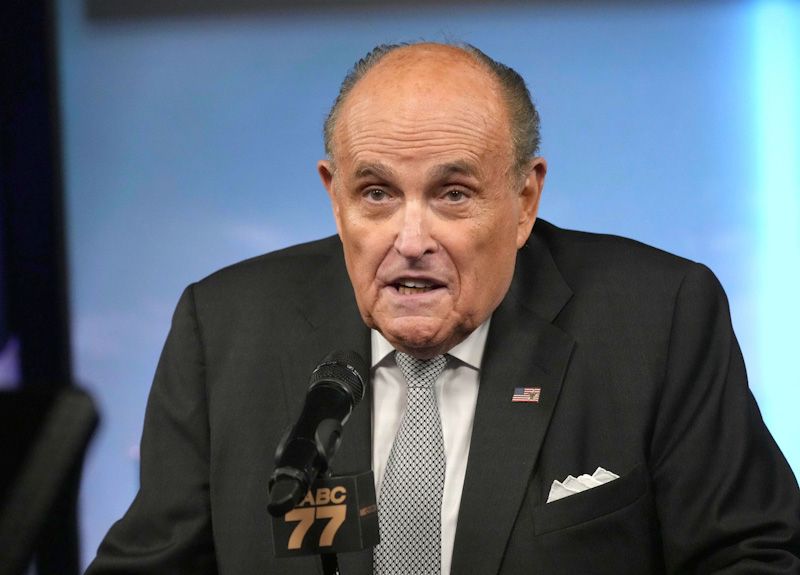Civil Rights Crusader Hill Dies at 100
Updated: Renowned civil rights lawyer Oliver Hill has died. He was 100.
A family friend told the Richmond Times-Dispatch that Hill died peacefully at his home on Sunday. Hill played a key role in the lawsuits that led to the landmark desegregation ruling, Brown v. Board of Education. He has been described as “the last lion of the civil rights movement.”
A companion article explains the impact Hill had on Richmond as well as society. Another article quotes family and friends who remembered him as kind, strong and funny.
Former ABA President Robert J. Grey Jr. has credited Hill along with former Virginia Gov. L. Douglas Wilder as paving the way for his success and that of other African Americans.
“Oliver Hill and Douglas Wilder didn’t just open the door,” said Grey on his ABA inauguration, “they knocked on it. And when it would not open, they knocked it down. They tore it off the hinges so it could not be locked behind them.”
In 2000, the ABA recognized Hill with its highest honor, the ABA Medal. The year before, Hill was honored with the U.S. government’s highest civilian honor, the Medal of Freedom, according to a Times-Dispatch list of his awards.
In presenting the Medal of Freedom, President Bill Clinton said of Hill: “Throughout his long and rich life, he has challenged the laws of our land and the conscience of our country. He stood up for everything that is necessary to make America truly one, indivisible and equal.”
Hill also won the ABA’s Pro Bono Publico Award in 1993 for his contributions to free legal service to the poor.
ABA President Karen J. Mathis released this statement about Hill’s death:
“Our nation is more fair and more just today because of the leadership and courage of Oliver W. Hill, who died Sunday at his home in Richmond, Va. In 1940, long before the Supreme Court outlawed ‘separate but equal’ educational systems in Brown v. Board of Education, Oliver Hill was arguing for and winning equal pay for black and white teachers. He stood shoulder-to-shoulder with Thurgood Marshall and other icons of the civil rights movement in using and in leading our legal institutions to achieve justice for people from all backgrounds. Each of us who cherishes fairness and freedom and opportunity owes Oliver Hill a debt of gratitude that can only be repaid by continuing to uphold the principles to which he devoted his life.”
Originally published 08-06-2007 at 08:17 AM.



